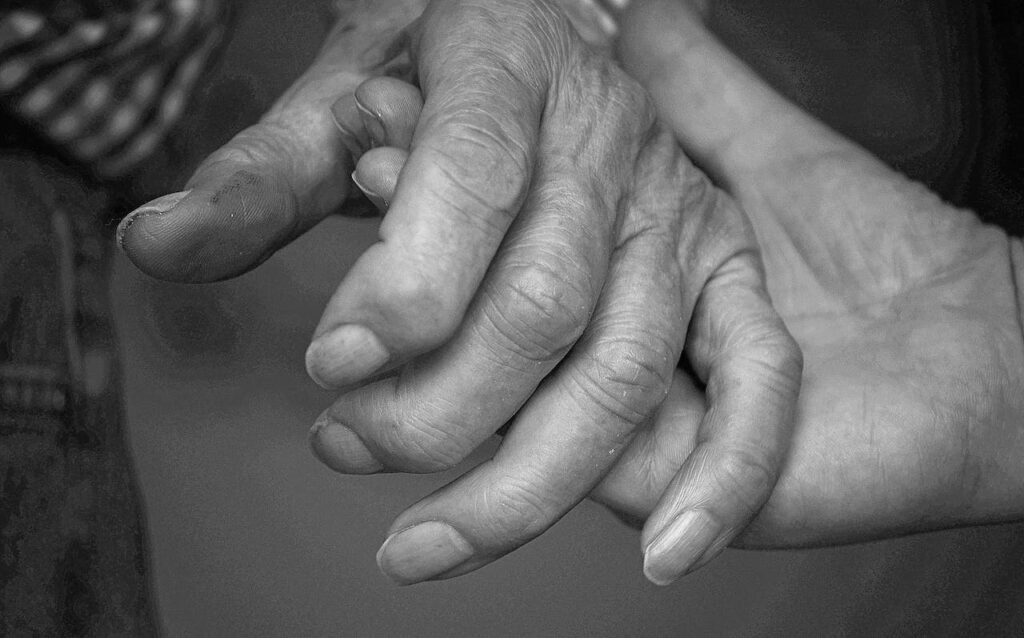In 2015, Lewy Body Dementia–a disease that long stood in the shadows of Alzheimer’s disease–found itself in the national spotlight when actor Robin Williams was reported to have had the disease (after autopsy). He never knew he had it.
Symptoms of Lewy Body Dementia (LBD) are as numerous as the disease is complicated–for both the individual who has been diagnosed with it and those who are involved in caregiving.
LBD is a degenerative neurological disease with a variety of symptoms that become present over time. LBD is not rare. However, it is widely misdiagnosed as Alzheimer’s disease, Parkinson’s disease, or a psychiatric disorder, as many symptoms overlap. More than 1.4 million people in the United States have LBD.
To the average person, it looks like a combination of Alzheimer’s disease and Parkinson’s disease. But even more is involved.
What are some of the symptoms of LBD?
- COGNITION issues – problems with multi-tasking, problem-solving, and visual perception. Memory loss comes later (unlike with Alzheimer’s)
- FLUCTUATIONS in cognitive ability, attention, and alertness
- MOVEMENT issues – slowness, difficulty walking, shuffling gait, stiffness in the arms or legs (all aspects of Parkinson’s, possibly without a tremor)
- HALLUCINATIONS – Usually visual, with misidentification of people and objects
- REM SLEEP BEHAVIOR DISORDER – people physically act out their dreams by yelling, flailing, and hitting bed partners
- SENSITIVITY TO MEDICATIONS -used to treat hallucinations and other symptoms
THIS IS A MAJOR REASON WHY BEING DIAGNOSED CORRECTLY IS CRUCIAL.
Changes in behavior and mood may be a big issue for many with Lewy Body Dementia. These changes can include depression, agitation, paranoia, anxiety, and a lack of interest (apathy) in daily activities.
It is also common for many people with LBD to experience changes in the autonomic nervous system, such as frequent falls, issues with blood pressure, incontinence, constipation, and a loss of smell.

Who Can Diagnose Lewy Body Dementia?
Many physicians and other medical professionals are not familiar with LBD, so patients may consult several doctors before receiving a diagnosis.
Neurologists—doctors who specialize in disorders of the brain and nervous system (and specifically Movement Disorder Neurologists)—generally have the expertise needed to diagnose LBD.
Geriatric psychiatrists, neuropsychologists, and geriatricians may also be skilled in diagnosing the condition. It is extremely helpful if a family member writes down every symptom they notice, even if it seems unimportant. This can help the physician diagnose as many symptoms cannot be seen in a doctor’s visit.
How Can Families Be Helped?
LBD affects every aspect of a person. The combination of cognitive, motor, and behavioral symptoms creates a highly challenging set of demands, which is why the caregiver burden is extremely high.
The Lewy Body Dementia Resource Center, a501(c)(3) nonprofit organization, which I founded in 2016 after my mother’s passing from the disease, exists to raise crucial awareness of LBD and to offer urgently needed resources and loving support.
The LBD Resource Center has the only live helpline in the United States at 516-218-2026 or 833-LBD-LINE, which is available seven days a week from 8 am to 8 pm EST.
You can also use WhatsApp in other countries by calling 646-248-9292.
For those living in or visiting Puerto Vallarta, please know I’d be happy to speak with you by phone or in person. Please see www.lewybodyresourcecenter.org for much more information.


